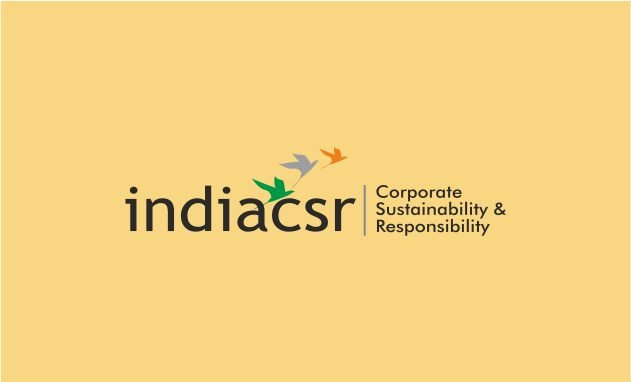NEW DELHI: Policymakers, industrialists, corporate, NGOs are coming together on Thursday, November 21st, 2019 to take a critical view of the five year journey of mandatory Corporate Social Responsibility (CSR) to gauge the impact of the progamme in the past five years and to prepare roadmap for future course.
NITI Aayog Vice Chairman Rajiv Kumar, Department of Personnel Training Additional Secretary Srinivas Katikithala are among the distinguished dignitaries who will deliberate over the successes and failure of the CSR initiatives at the ‘CSR Impact Conclave’, will be held at Max Tower in Noida.
Emerged as a significant development sector platform in India, the NCN has successfully brought together corporates, NGOs and government agencies to forge CSR partnerships for greater impact.
“Five years of mandated CSR now brings us to a point where we should reflect and assess our work and understand the impact we have created. It is the right time to review our scorecard. The aim of the conclave is to bring collective wisdom to the table and make an honest assessment of CSR initiatives and their impact,” said Mohini Daljeet Singh, Trustee – Max India Foundation.
“Corporates should share their successes and failures and together let us chart a course for the next few years wherein we can make disproportionate progress,” she added.
The theme of the conclave is “Perform to Transform” with a special focus on the five aspects- Education, Health, Environment, Water, and Sanitation.
GSK Chairman P Dwarakanath; NIIT JMD P Rajendran; World Bank Group Lead Tertiary Education Specialist Francisco Marmolejo; ICPI Director Deepak Bharara will share their views.
Several other industry stalwarts and experts will engage in valuable discussion and peer learning in the area of performance management of projects.
The conclave will have three interactive sessions, during which two panel discussions will be held with industry sector experts covering various aspects from Rural Infrastructure, Education, Skills Development etc.
The Companies Act was amended in 2013-14 making it mandatory for companies with a specified level of profit to spend 2 percent of it on social welfare.
Mandatory CSR is an attempt by the government to involve businesses in the nation’s sustainable development goals and to supplement government efforts in this regard through monetary contributions.




















